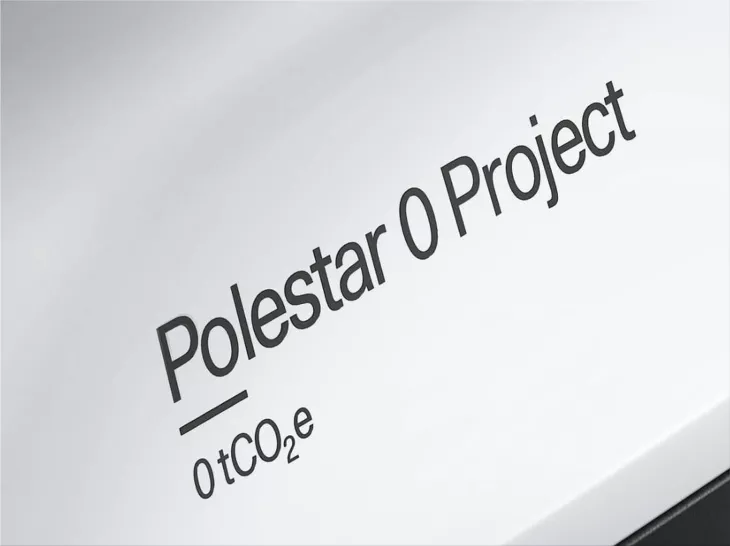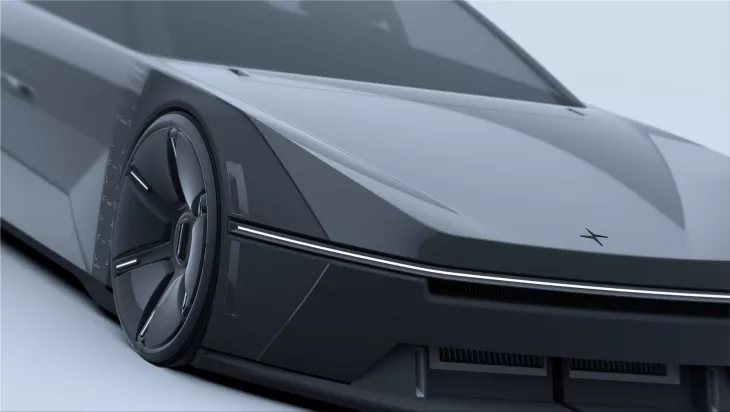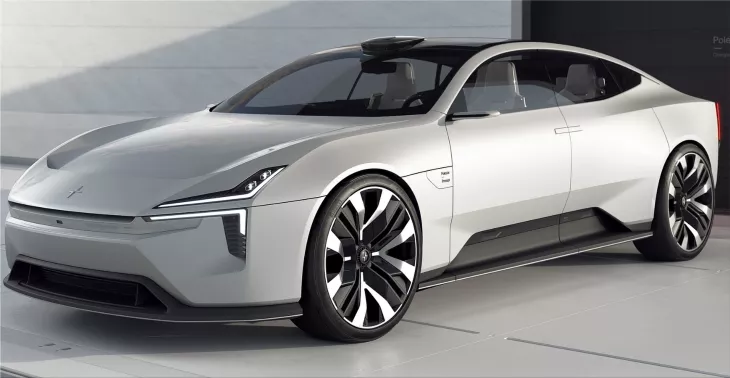Polestar announced they had brought on eight new partners for the Polestar 0 project. The target date for developing a climate-neutral electric vehicle is 2030. Several new firms have joined the project as partners, including Vitesco, Schlotter, Autoneum, TMG Automotive, Granges, and Stena Aluminium.
Companies from various countries are present, from the Germanic countries to Switzerland, Portugal, Finland, and Sweden. They are experts in electrical inverters, electroplating, interior and exterior materials, sustainable solutions for packaging, biomaterials and wood construction, coating and textiles, flat-rolled aluminum, knitted and woven materials, and recycled aluminum, among many others.
From Germany, we welcome two new partners: Vitesco, an auto industry supplier of drive and power transmission technologies, and Schlotter, an electroplating specialist. Schlotter is the specialist, and Vitesco is the provider.
The Polestar 0 project reportedly began in 2021 with the conviction that the automotive industry needed a clean slate. Polestar maintains that addressing emissions coming from production with high urgency is necessary even if the shift to electric vehicles eliminates emissions from tailpipes. The fundamental goal of the Polestar 0 project is to get rid of all CO2 emissions in the supply chain. From raw material extraction to finished product delivery and vehicle disposal, the Swedes quickly point out that they never use "misleading reward programs."
The Polestar 0 project manager, Hans Pehrson, has said, "My optimism in the triumph of the Polestar 0 project is reaffirmed every time we meet new partners." Tremendous opportunities exist throughout the world. There is always more than one person needed to accomplish a seemingly challenging task. Only by working together can we hope to make the breakthroughs that matter and unearth the genuinely transformative ideas that have implications beyond the auto industry.
Research into raw materials is crucial, says Polestar; therefore, biosource and mining come first, followed by refining and synthetic materials. Raw materials, bio-based chemicals, polymers, electrical components, noble gases, and other essential materials would necessitate more research and commercial partners. The goal of bringing an environmentally friendly car to market by 2030 requires the rapid production and distribution of several currently unavailable parts.
























